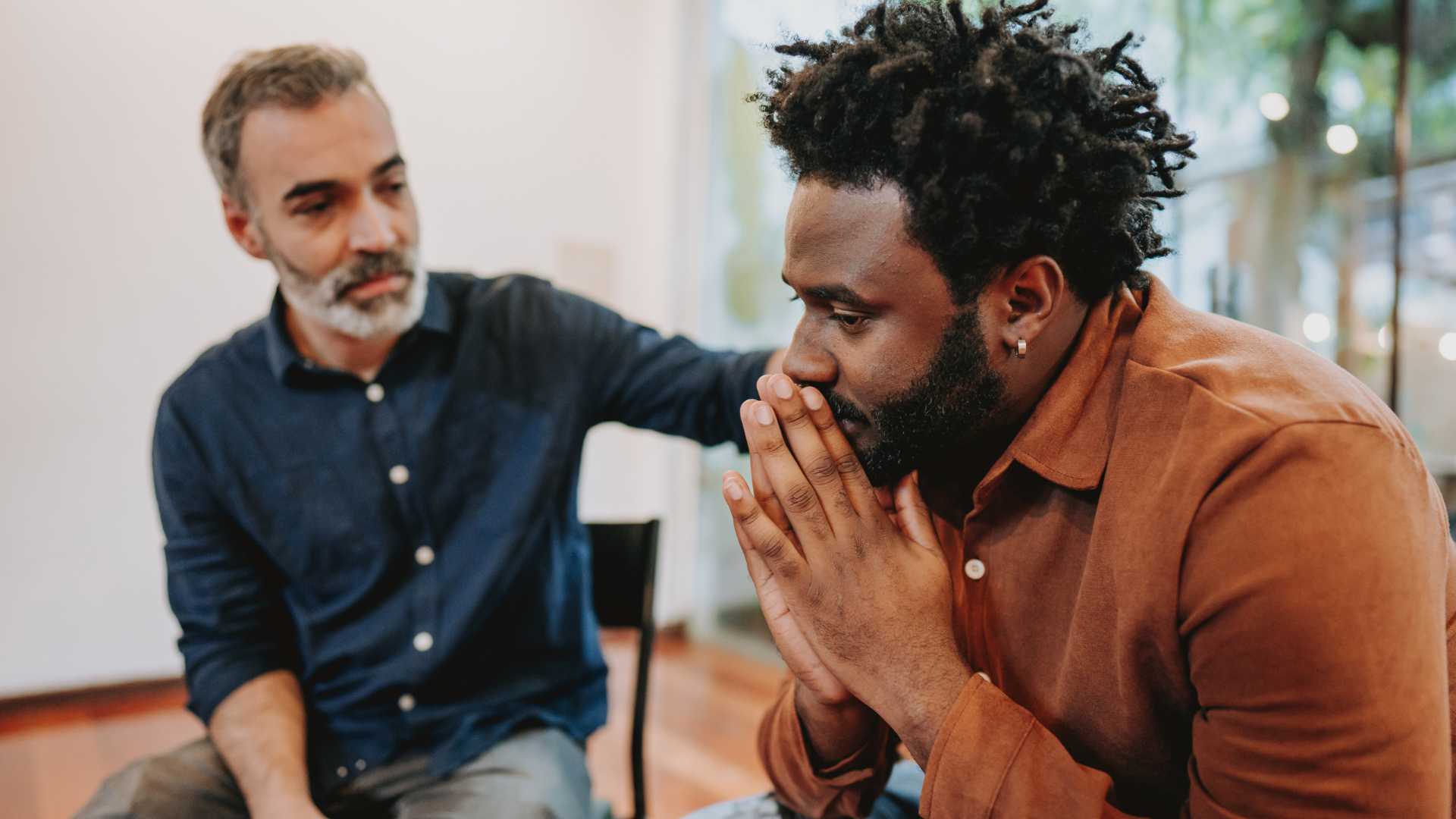Coping with Grief During Holidays and Birthdays: Tips and Traditions for Tough Times.

Navigating through special dates such as anniversaries, holidays, and birthdays can be profoundly challenging when grieving the loss of a loved one. Individuals do not realize how death impacts the physical, emotional, social, and spiritual make up of a person. These milestones often reopen wounds, reminding us of the deep absence left behind. It’s completely normal and valid to experience a surge of emotions during these times—from profound sadness and longing to guilt and anger. Recognizing and accepting these feelings as part of your grief journey is crucial.
In this blog post, my intention is to provide compassionate guidance and practical strategies to help you manage these difficult days. Whether it’s your first holiday without your loved one or another birthday passing by, the tools and insights shared here will support you in developing effective coping skills to honor your emotions and the memory of your loved one, while making room for healing and peace.
Understanding Grief on Special Days
Anniversaries, holidays, and birthdays naturally bring strong emotions because they highlight the absence of a loved one and break the normalcy of daily life. These dates might rekindle memories and traditions that were shared, making the sense of loss more profound. These memories can flood us with emotion for the loved one who has died and our wish of their physical presence in our life. These anniversaries and holidays are not only a time for memories but for the present and future possibilities. During this time the bereaved person recognizes the death of this loved one over and over again. It’s important to understand that experiencing heightened grief during these times is a normal and healthy part of the healing process. Acknowledging the pain can be seen as a tribute to the relationship and the impact the loved one had on your life.
Anniversaries and Holidays Do Not Have To be Overwhelming.
Preparing for this time will decrease stress and assist one to manage the feelings that accompany the time. The following are simple guidelines that will help you cope during this difficult transition into healing and finding peace.
Practical Self-Care Strategies
Taking care of yourself is essential when navigating grief during significant dates. Self-care can fortify your physical and emotional reserves, making it easier to handle intense emotions. Working with clients coping with grief along with my own personal experience, these prove to be effective self-care practices to consider:
- Take care of yourself: focus on what will not overwhelm you. Remember you only must do what you can comfortably manage. So, pace yourself. Don’t take on too much. Simplify your plans for the holidays and delegate tasks to other family members or friends.
- Physical Activity: Engage in gentle exercise like walking, yoga, or stretching. Physical activity can boost endorphins and help clear your mind.
- Adequate Rest: Ensure you get enough sleep the night before the significant date. Remember you are doing the hard work of grieving. Your body needs more rest to restore itself.
- Social Support: Reach out to friends or family members who are understanding and can provide emotional support. Sometimes, just having someone available to talk to can make a significant difference.
- Professional Help: Consider scheduling a session with a therapist around the anniversary, especially if you anticipate it being a tough day. A professional can offer coping strategies and provide support through difficult moments.
- Digital Detox: Take a break from social media and digital communications to reduce stress and focus on your needs without external pressures.
Embracing Mindfulness to Ease Grief
Incorporating mindfulness into your routine can significantly aid in managing the emotional rollercoaster that accompanies significant dates. Techniques like mindful breathing, meditation, or engaging in reflective practices help ground your emotions. Here are a few strategies:
- Deep Breathing: Focus on slow, deep breaths to help calm the mind and body.
- Guided Meditation: Use guided imagery or meditation apps to help center your thoughts.
- This strategy is profoundly effective as it allows you to shift your mind and body into the Parasympathetic Nervous System, the rest and digest. I have had several clients who started practicing guided meditation and mindfulness techniques following the death of a loved one. They have described these practices as helpful during anniversaries as they grounded their emotions and were able to stay present amidst the pain.
- Reflective Journaling: Write about your feelings and memories, which can provide an outlet and a form of emotional release.
Creative Outlets for Expressing Grief
Finding ways to express your grief is crucial. Expression can be verbal, through conversations with friends or in support groups, or non-verbal, through creative outlets like writing, painting, or music. These methods not only provide a release but also honor the memory of the loved one:
- Express your feelings: the only way to get through your loss and feelings is to let them out. Expressing your feelings will assist you in feeling better. Find people who will allow you to show the tears. Tears and feelings are the balm for your sadness. Let them flow. Cry, if and when you need to cry.
- Ask for what you need: others can not read your mind so asking for what you need helps them to be helpful to you. Many will see this as a gift to them.
- Artistic Creation: Create something beautiful as a homage to your loved one.
- Writing: Keep a journal or compose letters to the deceased to articulate your innermost thoughts and feelings.
Planning the Day: Mixing Old and New Traditions
Deciding in advance how to spend anniversaries or holidays can help manage grief more effectively. You might choose to observe some old traditions that feel comforting, or you might find healing in establishing new ones. Here are some suggestions to consider:
- Keep Existing Traditions: Engage in rituals that you enjoyed with your loved one if they bring comfort.
- Create New Traditions: Start new rituals that commemorate your loved one in a new way.
- Decide on Social Interactions: Plan whether to spend the day alone or with others, depending on what feels most supportive at the time.
I had a client, we will call him Lester, who decided to blend old and new traditions to honor his late father during Thanksgiving. Lester kept the tradition of watching their favorite football game but also introduced a new tradition of preparing a special meal that his father always wanted to try but never did. As he moved through his grief, each year became a bit lighter emotionally as his father’s memories brought him comfort.
In closing, our exploration of coping with grief during holidays and birthdays, remember that each step you take is part of a larger journey toward healing. Whether it’s through embracing new traditions, seeking solace in the familiarity of the old, or finding a quiet moment to reflect, each action is a testament to your strength and your loved one’s enduring impact on your life.
During these times, allow yourself grace and space to experience your emotions fully and without judgment. There is no right way to grieve, and there is no set timeline for healing. You are doing the best you can with the feelings you have at the moment, AND THAT’S ENOUGH!
If you find these occasions overwhelming, consider reaching out for support from friends, family, or a professional counselor. You don’t have to walk this path alone. Communities, both online and in person, can also offer comfort and understanding that you might find invaluable.
As you continue to navigate your grief, may you find moments of peace and pockets of joy amidst the sorrow. Let the love you shared with your lost one inspire you, and let their memory guide you as you forge new paths forward.
